This On the Record Q&A Remix lifts up perspectives about community partnerships from David Adams, CEO of Urban Assembly. This Q&A Remix pulls from both Remix Podcast Episode 1 – Engaging Students Beyond the Classroom – and from Karen’s last public conversation with David prior to the podcast – From Our Schools to All Schools: A Conversation with David Adams, Urban Assembly CEO.
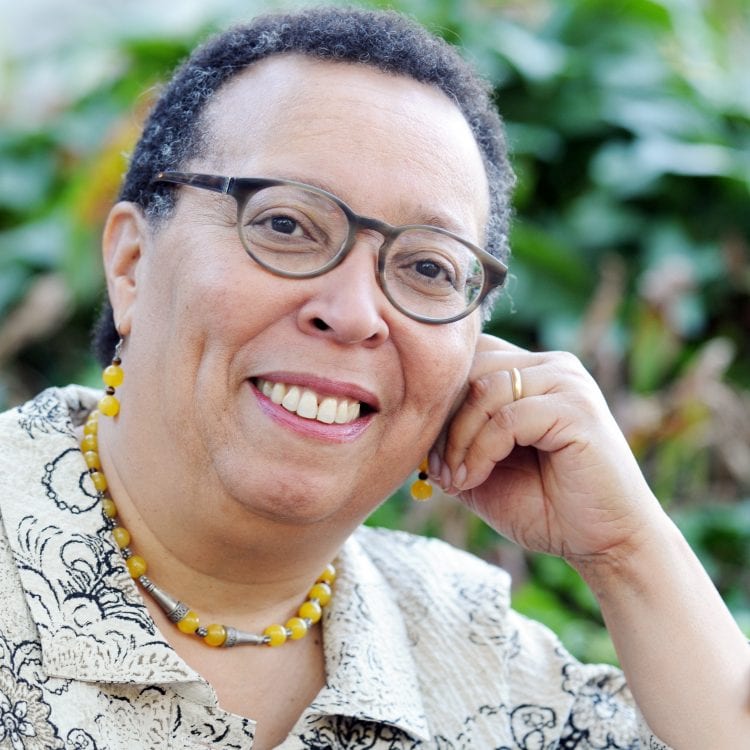
Tell us how you partner with community organizations and why they are essential to the secret sauce that contributes to your students’ success.
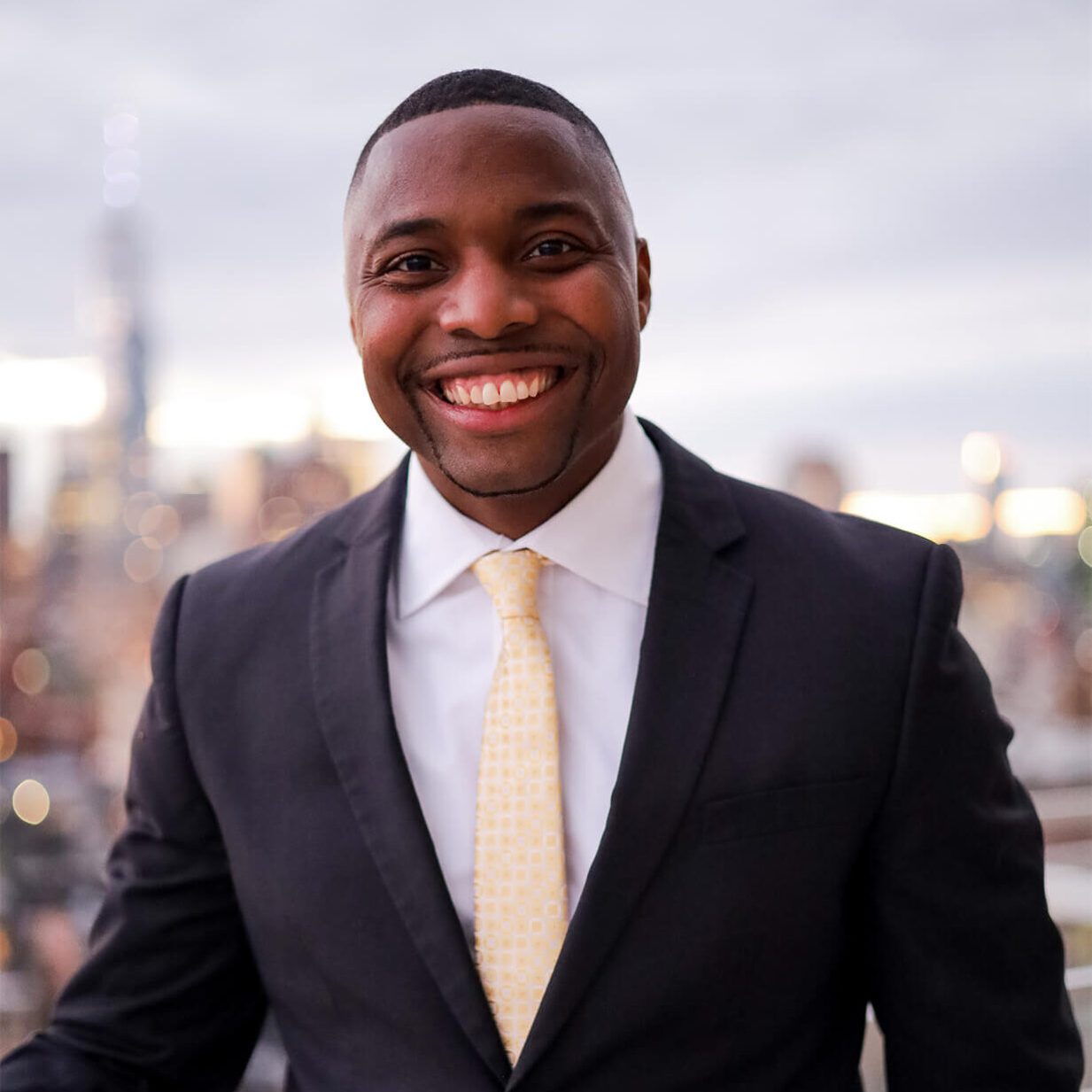
From the very beginning, our founder, Richard Kahn had really been invested in his notion of private public partnerships. The public education space as it has developed has not always taken advantage of the entire community and what the entire community can offer to our young people. Some of that has to do with the “siloing” of education. Our educators are developed through schools of education. That system doesn’t always expose people to the wider community and the larger context of what it means to be educated.
Teacher education is a very specific kind of pathway. So in the Urban Assembly, we have what we call partnership coordinators…who partner with community institutions who have an investment in what it means to educate public students in our city.
When young people are in these partner organizations, they start to think about their education not just in abstract space of school. They get the idea that this is going towards something. They think, “I can do something with this education. It’s not just about what I know, but what I can do with that.”
This happens when you have things like career pathways and CTE programs and when you have folks who are working on projects that are relevant to who they are and what they care about. You have folks who are in the city who want to invest in our schools, but don’t necessarily know how.
This partnership system is designed to ensure that education is a two-way street.
We’re being responsive to what our industry is saying in terms of what it means to be career ready, what it means to be college ready. We’re being responsive to what our community is saying in terms of what they want out of an education system.
And we’re being responsive to our young people, by helping them understand that the things that they’re learning are not just about solving, equations and solving problems with equal signs next to them, but solving the kinds of problems that move our society forward, solving a problems of life, solving the problems of people, solving the kinds of problems that take us from where we are today, to where we need to be.
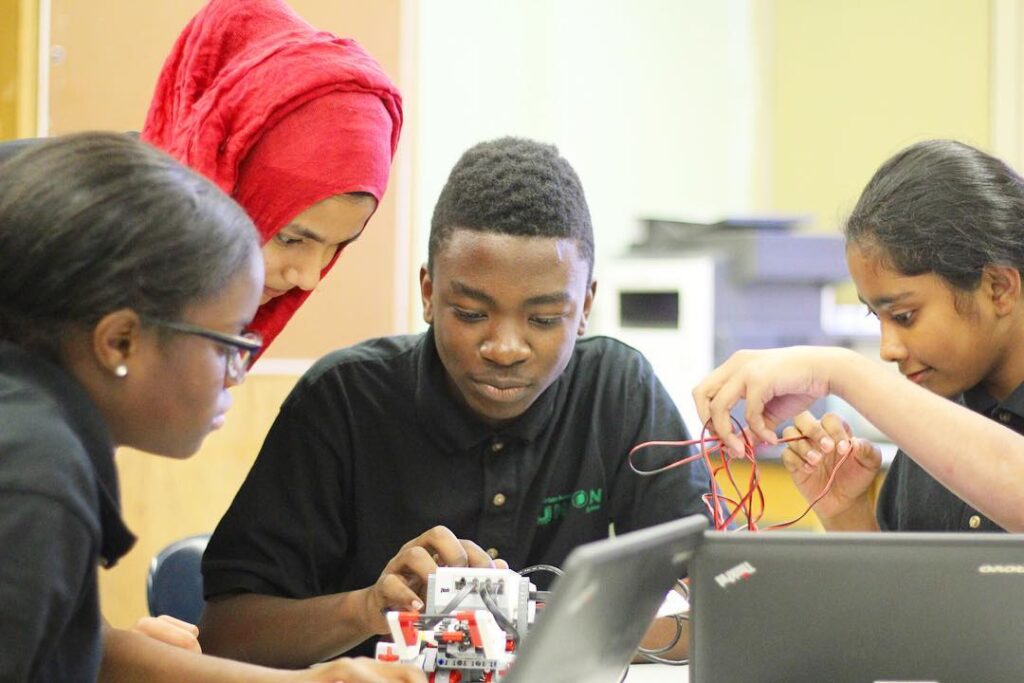

If we’re really concerned about equity, then this idea of really helping young people make meaning of their lives, their communities, and see how all this fits together is so important. Can you just tell us why it is that you put those three things together and come up with this magic mix of what you call Urban Assembly schools?

This is a question of how adult inputs into children’s life prepare them to be ready for college career and community. What kind of inputs do students need to be successful? And then who provides those inputs?
At the Urban Assembly, we’ve really focused on this idea of how do we maximize not only our school, but our community’s input into young people.
One of the core ways that we’ve organized Urban Assembly schools has been with this notion that industry community has as much investment in schools as schools have in the industry and the community they serve. When we understand that maximizing inputs into students by creating as many caring, loving, knowledgeable adults as possible, then we will create an opportunity for our students to then give back that input and that investment into their community, into their college, into their careers, and then benefits all of our society.

How do you make these partnerships work? What is the partnership coordinator role and how do you coordinate this kind of rich experiences for all of your students in different careers?

Ms. Hamilton over at the Urban Assembly School for Collaborative Healthcare serves as the partnership coordinator, and one of her roles is to organize industry partners. There’s also a board whose job is to organize industry partners to invest into the school; to invest into the kids so that our children and our students are graduating with the kinds of experiences necessary.
I think it’s a unique feature of the work that we do at the Urban Assembly. Our work really reflects this notion of college, career, and community and the notion of how we are developing young people who not just pass the test of life as Dr. Maurice Elias says, but are able to really take these skills and be effective and all that they do.
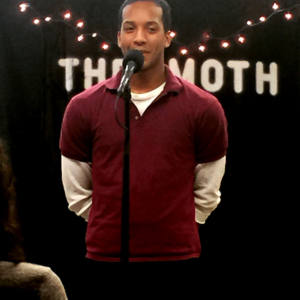
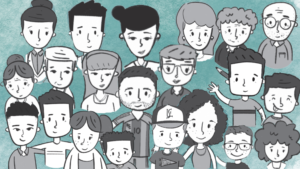

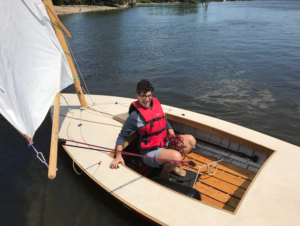
No comment yet, add your voice below!